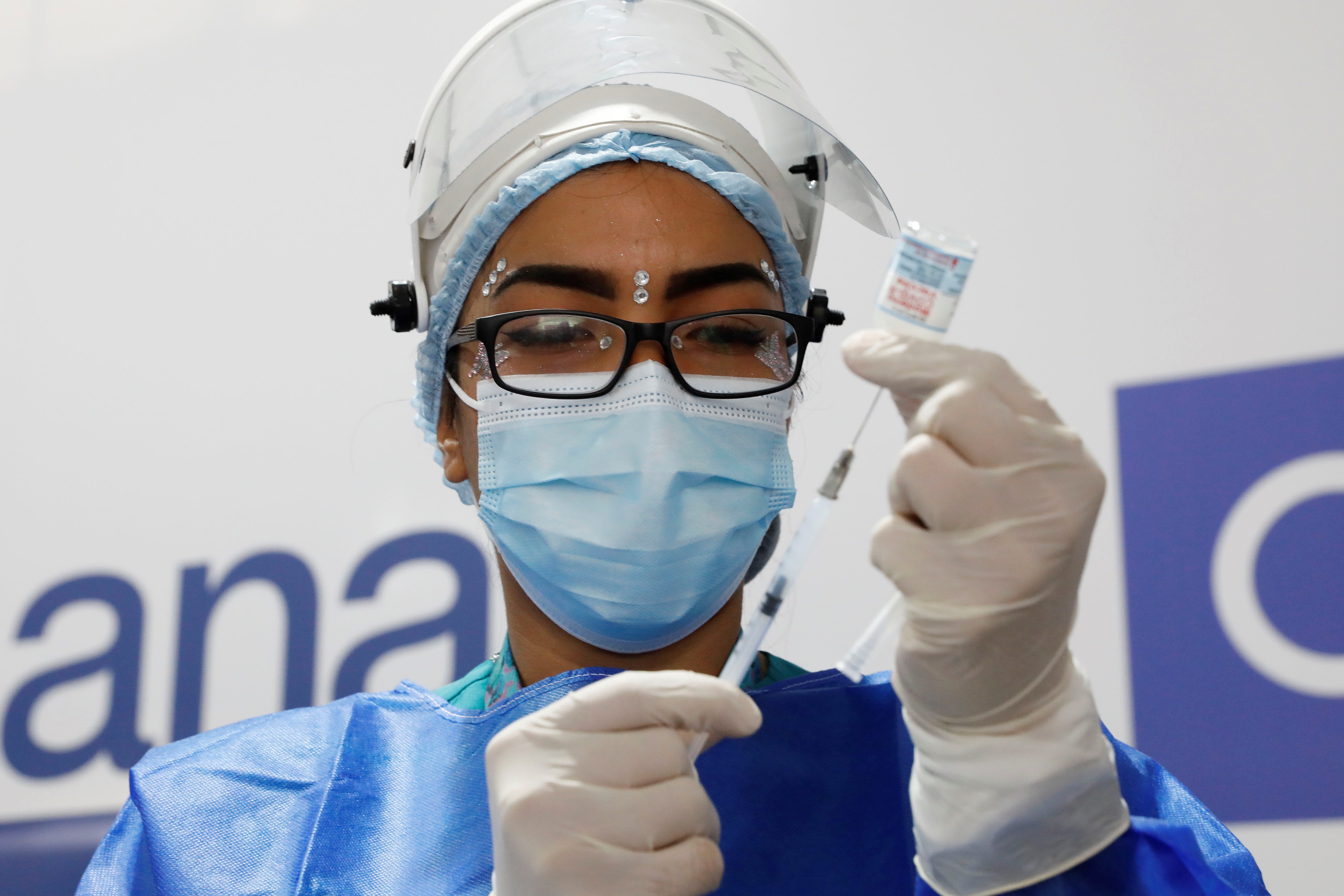
The Government of Antioquia lowered the occupancy level of ICU beds from orange to yellow alert due to the low demand for them in recent weeks.
Earlier this year, the department had a red alert that later, as the National Vaccination Plan progressed, changed to orange since February 16.
The declaration of the yellow alert was issued in a decree published the previous Monday. According to the governor's report, ICU beds are 85.65% occupied, which is lower than the time of the third peak of the pandemic, which reached 100% occupancy in 2021.
Although there is a decline, Medellin still has room for manoeuvre with just over 90.89%.
For Governor Aníbal Gaviria, in statements compiled by EL COLOMBIANO, the department's public health scenario is the best in the two years after the pandemic: “We went to Alerta Hospitalaria Amarilla, the best public health scenario in the last two years. This decision is thanks to the fact that the ICU occupancy by covid patients is 9.1%. From now on, the Administrators of Benefit Plans assume the management of ICU beds and special care,” the official commented on the imposition of this decree.
In addition, with cases falling, Antioquia would seem to face the closure of the pandemic with good figures: In the last 24 hours, only 11 cases were recorded in the department. Ten of them correspond to Medellin and one to San Carlos.
Alert issued for problems requesting disabilities and isolation due to coronavirus

In the midst of a significant decline in coronavirus cases that in Colombia has not exceeded a thousand cases a day during the last week, workers and legal experts have launched an alert about the increasing difficulties in issuing a disability and isolation due to coronavirus.
In exclusive statements for INFOBAE COLOMBIA, Adriana Escobar, an expert in labor law, stated that although Joint Circular 004 of 2022 made the period of isolation for symptomatic and asymptomatic persons more flexible, the issuance of this guideline has not solved the problem for the employers since the beginning of the pandemic, on who should be responsible for the payment of costs for isolation and disability.
“A situation that can directly affect employers, who will not receive reimbursement for disabilities and for workers access to medical care in a timely manner, because when a worker files an isolation order because of a contact with a person who has tested positive for Covid-19 or for filing some symptoms properly related to this disease, it is not always granted a disability that regardless of its origin can be recovered to the Social Security System in Health”, assured the expert in testimony for this media.
In this way, Escobar ensures that it is necessary to make an urgent appeal to the National Government to find a balance between workers and employers, so that alternatives are available that alleviate the labor costs of employees to ensure employment protection, especially in companies where employees are resources are not sufficient to guarantee without further trauma the cost overruns generated by such isolations, especially when they occur repetitively.
The expert also explains that this situation arises due to the multiple changes in the standard, since all companies and employers natural persons have faced economic challenges, interpretation and implementation of administrative and regulatory measures for their particular case.
“In particular, the policies implemented for the proper management of their human resources during the pandemic, which have constantly varied with mandatory quarantines, peaks of contagion and comorbidities,” Escobar said.
KEEP READING:
Últimas Noticias
Debanhi Escobar: they secured the motel where she was found lifeless in a cistern
Members of the Specialized Prosecutor's Office in Nuevo León secured the Nueva Castilla Motel as part of the investigations into the case

The oldest person in the world died at the age of 119
Kane Tanaka lived in Japan. She was born six months earlier than George Orwell, the same year that the Wright brothers first flew, and Marie Curie became the first woman to win a Nobel Prize

Macabre find in CDMX: they left a body bagged and tied in a taxi
The body was left in the back seats of the car. It was covered with black bags and tied with industrial tape
The eagles of America will face Manchester City in a duel of legends. Here are the details
The top Mexican football champion will play a match with Pep Guardiola's squad in the Lone Star Cup

Why is it good to bring dogs out to know the world when they are puppies
A so-called protection against the spread of diseases threatens the integral development of dogs




